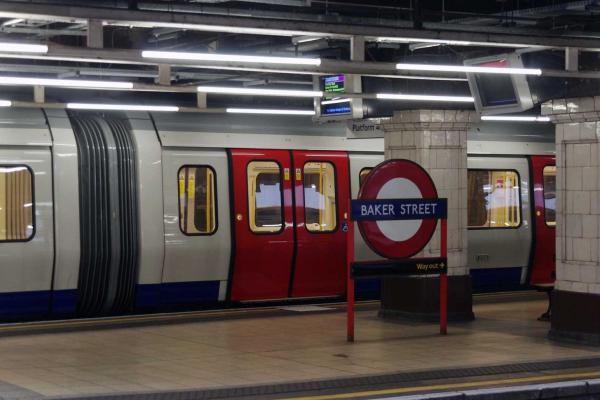Sometimes I go out with friends for drinks, and the feeling stops for a while. Or sometimes I'm looking at a building that's 1,000 years old, and I'm inspired by my short but sharp time on the planet and how I can make a lasting impact. Other days, like today, I've sat in McDonald’s for two hours, eating lukewarm chips (fries) and browsing Reddit forums about the meaning of life.
This doom scrolling allowed me to think about how mainstream travel articles, which talk about purpose and anxiety while travelling, are extremely unhelpful.
“It’s normal to feel anxiety when you are away from family and friends.” Thanks wiki-fucius, I'm enlightened.
Importantly, I found Reddit more helpful because, simply put, it was more real. So in the spirit of being real, I'm going to share my musings while I drown my sorrows in the McFlurry that just arrived.
Being abroad is hard
Your time is split between your physical reality and stories back home. Thoughts about both places swirl. I'm only here to run away from my problems. Money is tight. I’ve changed. My community at home won't accept me. Parts of the community here don’t accept me. While most of these don't threaten me in any physical, current or literal terms, they scratch away. Old habits or anxieties die hard.
Studying abroad is hard. But I don’t want to go home. I just want to crawl into a ball. In neither space nor home nor away have I found a utopia. Both places have their pros and cons. But at the same time, I wouldn’t have it any other way. Being alone, away, meeting new people and changing customs—it's like walking through thick mud; it's rough, but it forces you to slow down and witness the absurdity of life and the system.
Being alone in a new country is like walking through thick mud; it's rough, but it forces you to slow down.
Being abroad is hard. Witnessing the world means experiencing extreme highs and lows. These wonderful experiences are contrasted by widespread disenfranchisement and suffering. You sit on the edge of society but still exist within it. It forces you to come into contact with all facets of the human experience.
Today, that facet of human experience is being tired, anxious, and upset in a McDonald's in Edinburgh, listening to Scottish accents to the backing track of "9 to 5" by Sheena Easton. It’s absurd. Like I said in my first blog, going abroad is not going to change or solve your life.
So, why am I here?
The crux of the human spirit can be found in something unremarkable. In order to see this spirit, you need to exit your comfort zone. People at McDonald's in their hometowns are rarely using it as a base to support their existential crisis.
Sitting here, in my discomfort, but being in a new environment, forces me to look out at my surroundings. I notice another person, also struggling, and I empathize. At home, in my busy day-to-day schedule, I walk past without noticing.
When you walk into a local restaurant at home, you know the cultural norms. You know dress codes, prices and food. Out of your comfort zone, all these extra questions are asked. That's extra time spent looking out and around. That's hard. It’s draining. But it’s a jolt into observation.
As uncomfortable as I have been—as much as I want to keep running or shrink into a ball and cry—I pick myself back up, and not once have I regretted it. You have to do what's right for you, but sometimes we can only truly come to know ourselves by finding out the extremes at which we push back. Because we need to push back, we fully know what we stand for.
As one gets more adept with their local customs and norms, we start to fall into a comfortable sense of familiarity and safety. This is good; everyone deserves to feel at peace. But every once in a while, you need to shake things up to reignite that fire. Even if you aren’t abroad, ask yourself: Would going to your local McDonald's alone and sitting there for three hours make you feel uncomfortable? If so, perhaps there's part of you still to be explored. Perhaps it's time to get out of your comfort zone and face the world.
Add this article to your reading list




